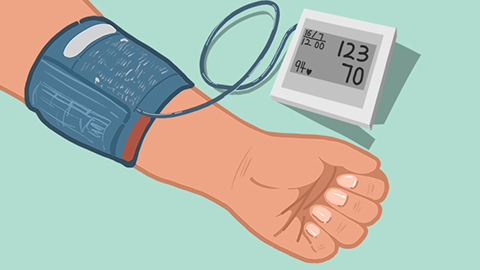Can people with hypertension eat rambutan?
Generally speaking, patients with hypertension can eat rambutan, but excessive consumption is not recommended. Detailed analysis is as follows:

Rambutan contains sugar, but it is also rich in minerals such as potassium and magnesium. Potassium helps promote the excretion of sodium in the body and plays a positive role in maintaining normal blood pressure levels. The vitamin C contained in rambutan acts as an antioxidant that can help improve blood vessel elasticity, reduce the risk of vascular hardening, while dietary fiber can delay sugar absorption, avoiding drastic fluctuations in blood sugar that may affect blood pressure. Additionally, potassium benefits cardiovascular and cerebrovascular health. Therefore, while controlling blood pressure, moderate consumption of rambutan can provide essential nutrients for patients with hypertension.
Hypertensive patients should control the amount of rambutan consumed to avoid excessive intake of sugar and calories. Moreover, patients with hypertension should follow dietary principles of low salt, low fat, and high fiber and take antihypertensive medications regularly. When consuming rambutan, attention should also be paid to pairing it with other foods to maintain nutritional balance.







